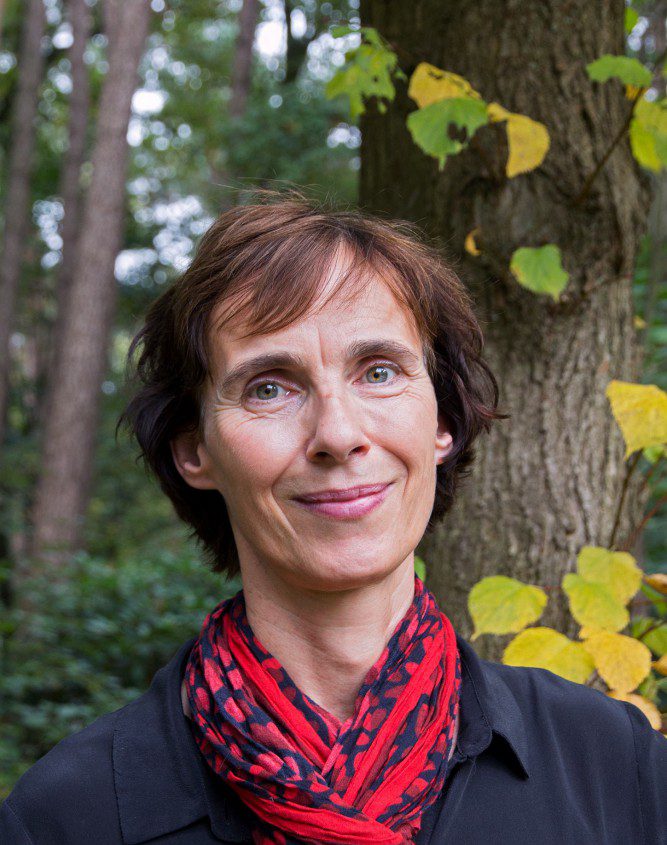
I am professor language acquisition and phonology at the Faculty of Arts of the Radboud University. Together with my colleagues and students, I study how children learn sounds and words based on what they hear and see in their environment.
A lot of research in young babies and toddlers covers the perception of sounds. Sounds are important because they help recognising words. When you hear 'c' in the word cat, all words in the mental vocabulary starting with a 'c' will be activated. A lot of other words, such as horse will not be.
On the other hand, when you want to pronounce a word, you have to retract the sounds of the word from your mental vocabulary. You also need to control your voice to articulate the sounds in the right way.
When it takes too long before you recognise the right word, communication falters. When you produce the word too slowly or incorrect, this can lead to communication issues too. The sounds that children store in their mental vocabulary are therefore crucial for smooth and efficient communication.
Fikkert, P. (2020). ‘Zal mama even een boekje pakken?’ Hoe je het beste tegen kinderen kunt praten. Onze Taal Februari/Maart
Fikkert, P. (2019). Taalspel creëert muziek voor het brein. In Vakblad VROEG
Fikkert, P. (2012). ‘Het talenwonder in de wieg. Hoe we een (vreemde) taal leren’. Onze Taal 2/3, 52-53.